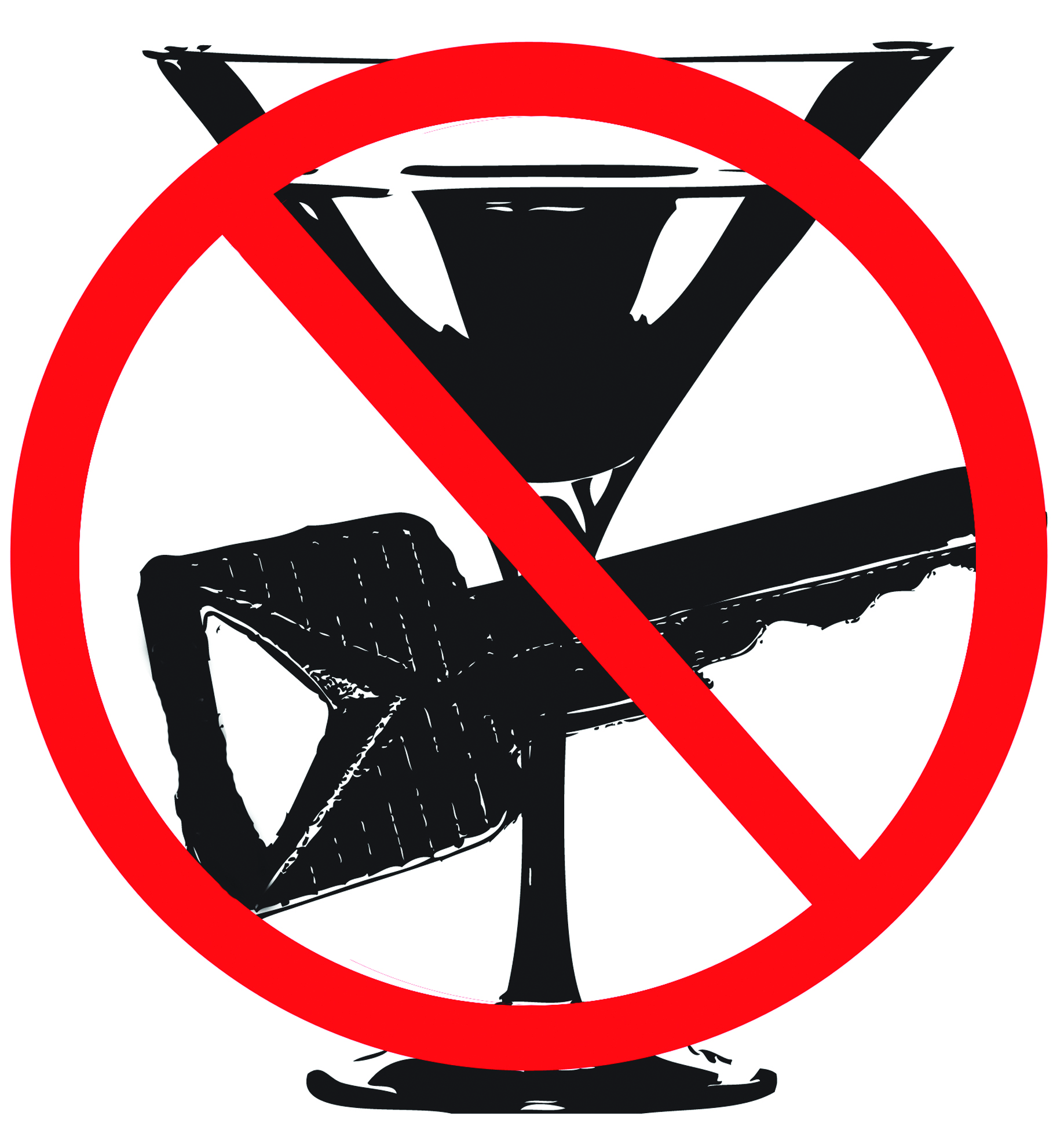The holiday check-stop program, run by the Winnipeg Police Service Central Traffic Unit, released their final numbers for the month of December, 2012. They stopped over 4,069 vehicles, which resulted in 16 24-hour suspensions and 42 impaired driving charges.
The average blood alcohol content (BAC) was 156 mg per cent, with the highest BAC being 300 mg per cent, and the lowest BAC being 60 mg per cent. The average age of those stopped was 31 years old, with the oldest being 55 and the youngest being 20 years old.
Hefty financial costs are associated with a “driving under the influence” charge (DUI). DUIs cost perpetrators a minimum $1,000 fine with a driving suspension of at least one year across Canada. Additional costs include impounded car fees of $465 and legal fees from $5,000 – $10,000.
On Dec. 15, MPI implemented a new system for those who are caught drinking and driving. People caught under the influence will have to pay $2,000 to have a mandatory ignition interlock system installed in their vehicles, forcing drivers to take a breathalyzer test each time they enter their vehicle. If there is any amount of alcohol detected, the car will not start.
Mothers Against Drunk Driving (MADD) Canada estimates that approximately 1,250 to 1,500 deaths occur each year as a result of fatalities due to impaired driving, which equates to approximately 3.4 to 4.1 deaths per day.
Melody Bodnarchuk, president of the MADD Winnipeg chapter, acknowledged that drinking and driving is a year-round problem but awareness of the issue is notably heightened during the holiday season, particularly on New Year’s Eve.
The RCMP and the WPS are out full force during the holidays in an attempt to curb holiday fatalities. No fatal crashes were recorded during this holiday check-stop season, but Bodnarchuck says the rates of those who get behind the wheel and drive while under the influence have not improved since the organization began in 1990, with the mandate to “stop impaired driving and to support the victims of this violent crime.”
Bodnarchuk said the social perception of drinking and driving needs to change.
“We need the public opinion to be dismayed and disgusted by such an incredibly unintelligent choice.”
Bodnarchuk emphasized that MADD is comprised of some volunteer members who have been affected by the loss of a loved one due to drunk driving and some who are concerned community members.
The U of M recently assembled their own group in collaboration with MADD called Students Against Impaired Driving in October. They teamed up this holiday to drive for Operation Red Nose on Dec. 22.
Bodnarchuk said drivers who get behind the wheel while impaired need to realize the risk they put themselves in, along with everybody around them. Current consequences are only detrimental in a social way, such as the cost and possible humiliation associated with a DUI.
She believes the consequences should include steeper legal penalties similar to the United States’ intoxication homicide, which is charged on anyone who kills someone while driving under the influence. The ignition interlock system is a step in the right direction in Bodnarchuk’s opinion.
“Despite all the awareness campaigns, the problem of drunk driving continues to plague our roadways.”


